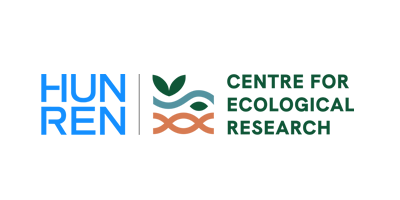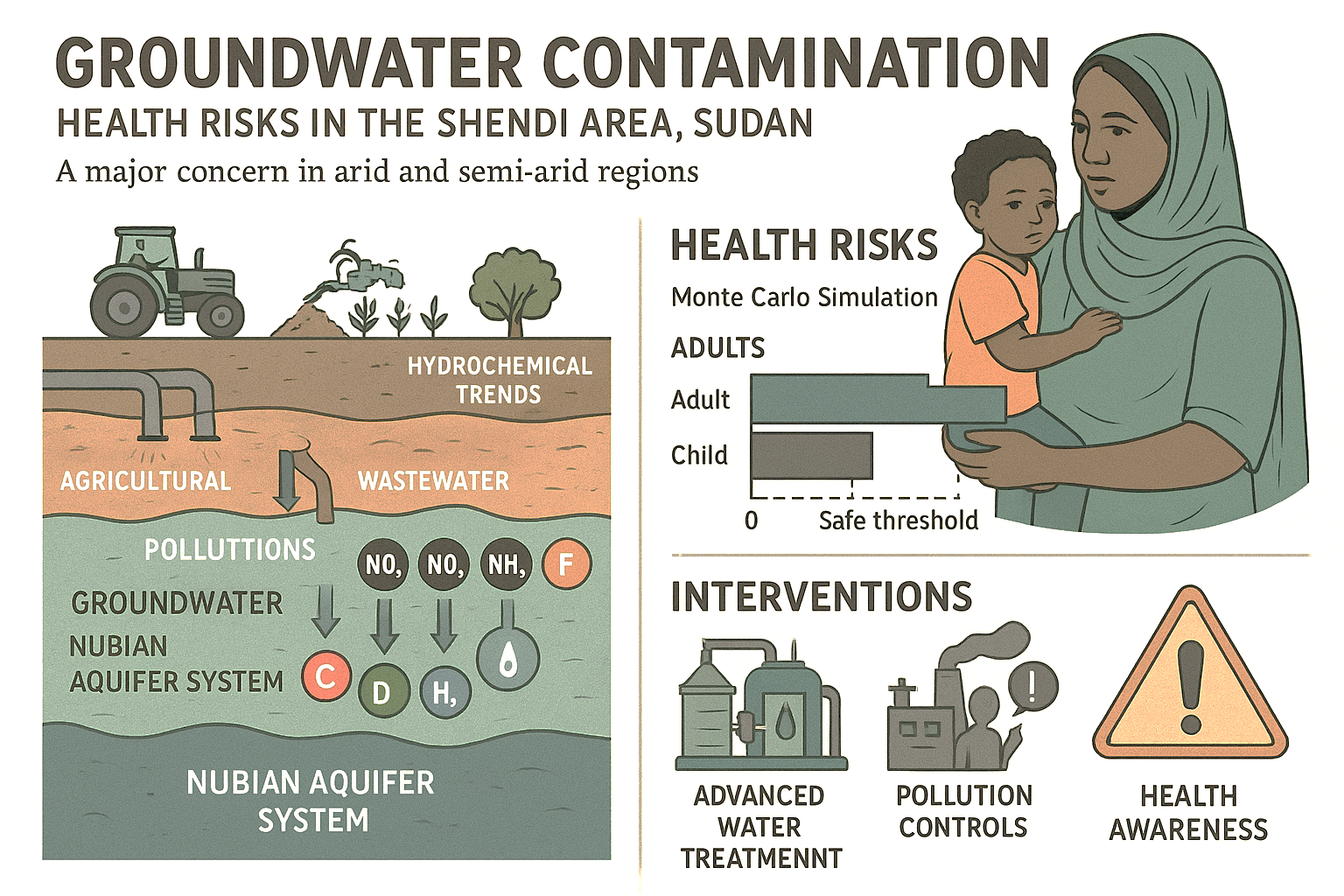This research was conducted within the framework of the Sustainable Development and Technologies, National Program of the Hungarian Academy of Sciences at an international test site, aiming to address groundwater contamination and associated health risks in the Shendi area, Sudan, within the Nubian Aquifer System.
The study revealed that nitrate and fluoride are the primary contaminants contributing to health risks, particularly affecting children. Fluoride concentrations were primarily linked to natural geological sources, while nitrate pollution was largely attributed to agricultural runoff. Nitrite and ammonia contamination reflected a mix of wastewater and farming activities. Probabilistic health risk simulations confirmed that children are significantly more vulnerable than adults due to lower body weight and longer exposure time.
Based on these findings, the study recommends the implementation of water treatment technologies, alongside stricter regulation of agricultural and wastewater discharges to reduce contaminant input. It also emphasizes the need for public health awareness campaigns to inform communities about the risks of untreated groundwater. Furthermore, establishing routine groundwater monitoring is essential for identifying contamination hotspots and supporting timely, evidence-based interventions. These actions are critical to ensuring safe water access and protecting public health in arid and semi-arid regions.
Go to the article: sciencedirect.com

